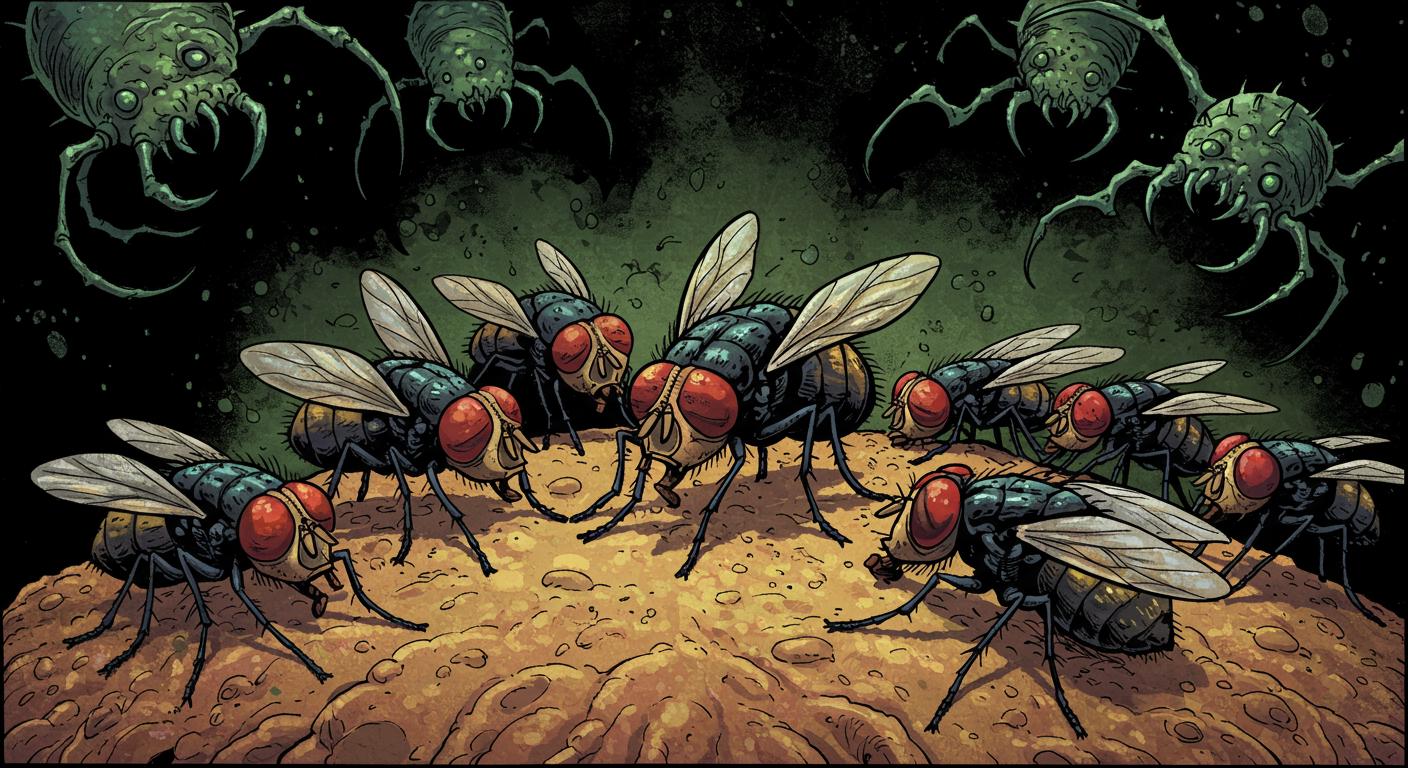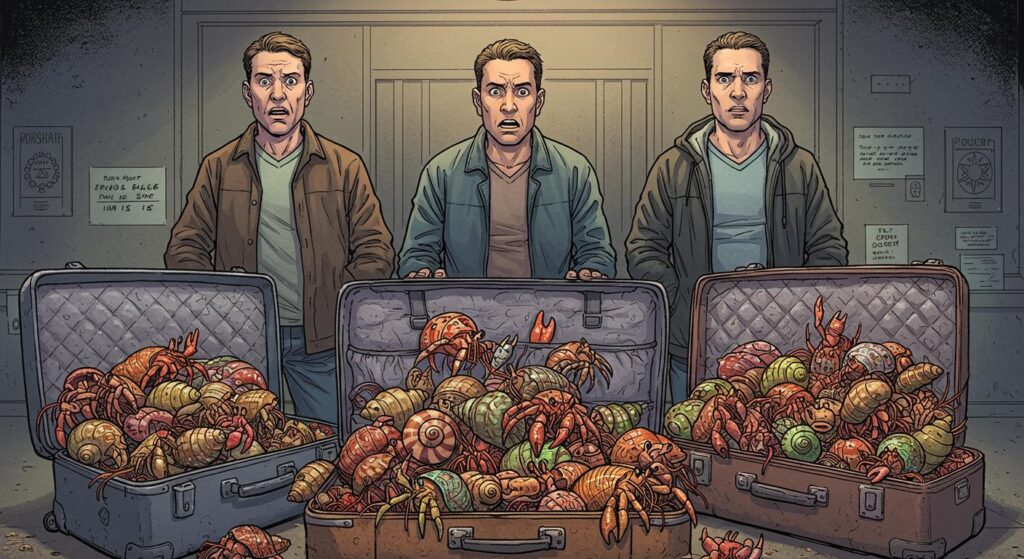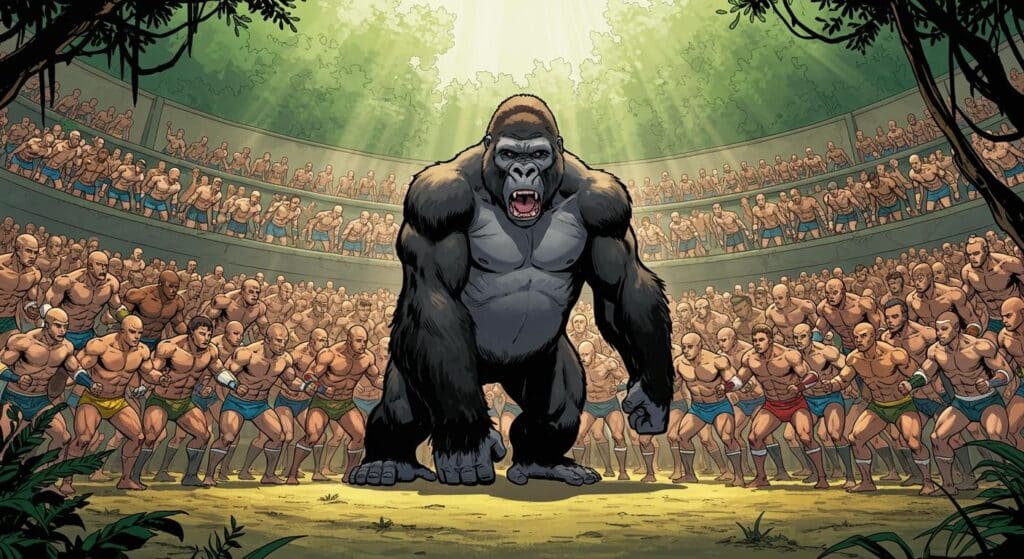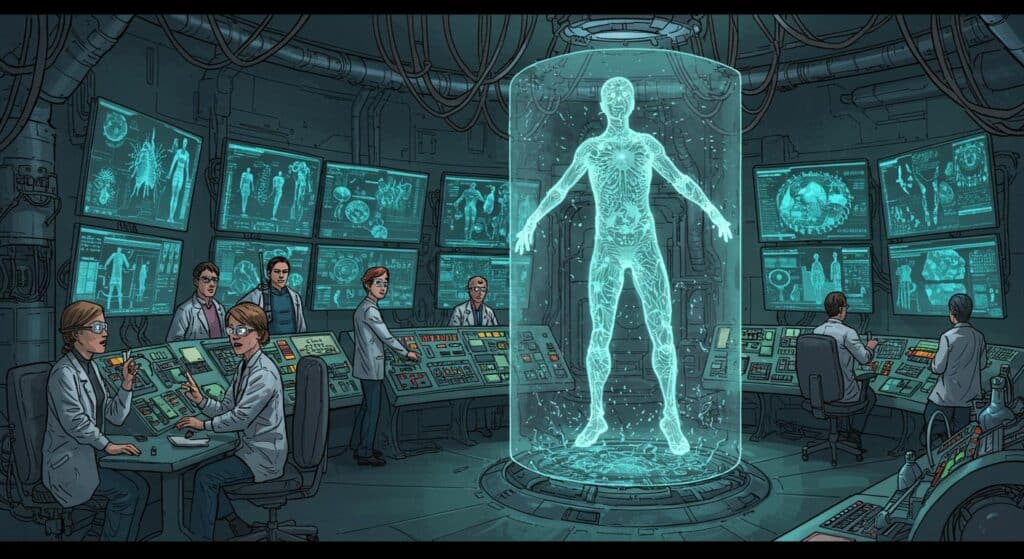If you’ve ever lost sleep to anxiety, caffeine, or the all-consuming glow of late-night doomscrolling, spare a thought for certain fruit flies in Australia, whose insomnia isn’t just psychological—it’s a matter of dodging a gruesome death. According to Ars Technica’s report on recent research, these flies willingly trade rest for relentless wakefulness, evading parasites that would otherwise quite literally eat them alive in their sleep. Suddenly, tossing and turning over tomorrow’s inbox seems almost restful.
The Night Shift, Fly Edition
As detailed in the article, life for Queensland’s fruit flies may look idyllic by day: buzzing around lush orchards with nothing worse to fear than a passing bird. It’s after sunset that things take a nightmarish turn. Gamasodesqueenslandicus mites, which the University of Cincinnati’s Joshua Benoit and colleagues studied, emerge in the darkness and grab hold of sleeping flies, feeding on them so voraciously that “eaten alive” is no exaggeration. Not exactly a gentle lullaby.
To avoid such an end, some flies simply stop sleeping when night falls. Staying awake comes at a price—Benoit’s team found these insomniac, mite-resistant flies exhaust their nutrient stores, leaving them more vulnerable to starvation and less resilient overall. Yet, as Ars Technica synthesizes, the cost is apparently worth it: anything to avoid being a midnight snack.
Sleepless Survival: Burning the Candle at Both Ends
Investigating further, the researchers bred mites-resistant flies over multiple generations, using artificial selection to trace the evolutionary trajectory of sleepless defense. In a press release referenced by Ars Technica, Benoit noted that more than 30 metabolism-related genes were activated differently in these flies. Essentially, insomniac flies are running their engines hot, breaking down both fats (lipolysis) and proteins (proteolysis) to fuel their constant activity—leaving them leaner and at greater risk if food runs scarce.
This metabolic marathon is not just about burning calories. The same study, recently published in Biological Timing and Sleep, found that the insomniacs’ oxygen consumption and activity levels at night matched those of control flies during the day. The flies sacrifice energy reserves and even mating success—parasitized individuals are less attractive partners—all for the dubious privilege of sleeping with both eyes open (metaphorically speaking).
Buzz or Bust: Movement Matters Most
The researchers went one step further by restricting the movement of resistant flies. When unable to move, these flies became just as susceptible to mites as the non-resistant controls—a detail Ars Technica underscores. Activity, it seems, is everything; vigilance is only valuable if you keep moving. Sleep, on the other hand, all but guarantees disaster when parasites are on the prowl.
As highlighted in the examination of the research, this isn’t a quirk unique to fruit flies. Other studies have documented shifts in sleep patterns among birds and bats when facing nighttime parasite risk. The evolutionary strategy appears widespread: when the cost of rest is a slow, gnawing fate, insomnia has its own rewards.
Sleep Loss: Evolution’s Bitter Pill
Interestingly, despite the havoc sleeplessness wreaks on health and energy, there’s evidence that surviving mite attacks ultimately boosts reproductive prospects—if the flies can just make it through the night unscathed. The trade-off is an exhausting one, but nature rarely offers free lunches, let alone peaceful nights.
All of this leaves one to wonder: how many other creatures have made similar Faustian bargains in the endless tug-of-war between rest and survival? And for us—well, perhaps the next time insomnia strikes, it pays to consider how much worse things could be. At least our sleep isn’t compromised by the threat of being literally nibbled to bits after dark. Are there other corners of the animal kingdom where sleep comes with such perilous strings attached? The world, it seems, is full of creatures just as wary, just as sleepless, and just as determined to see another sunrise.







